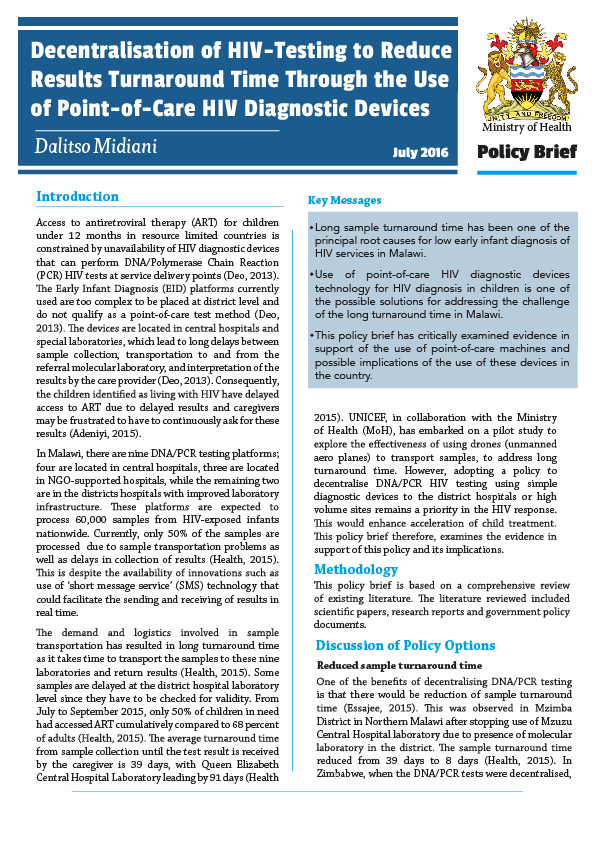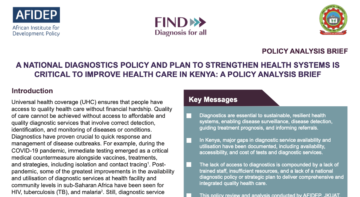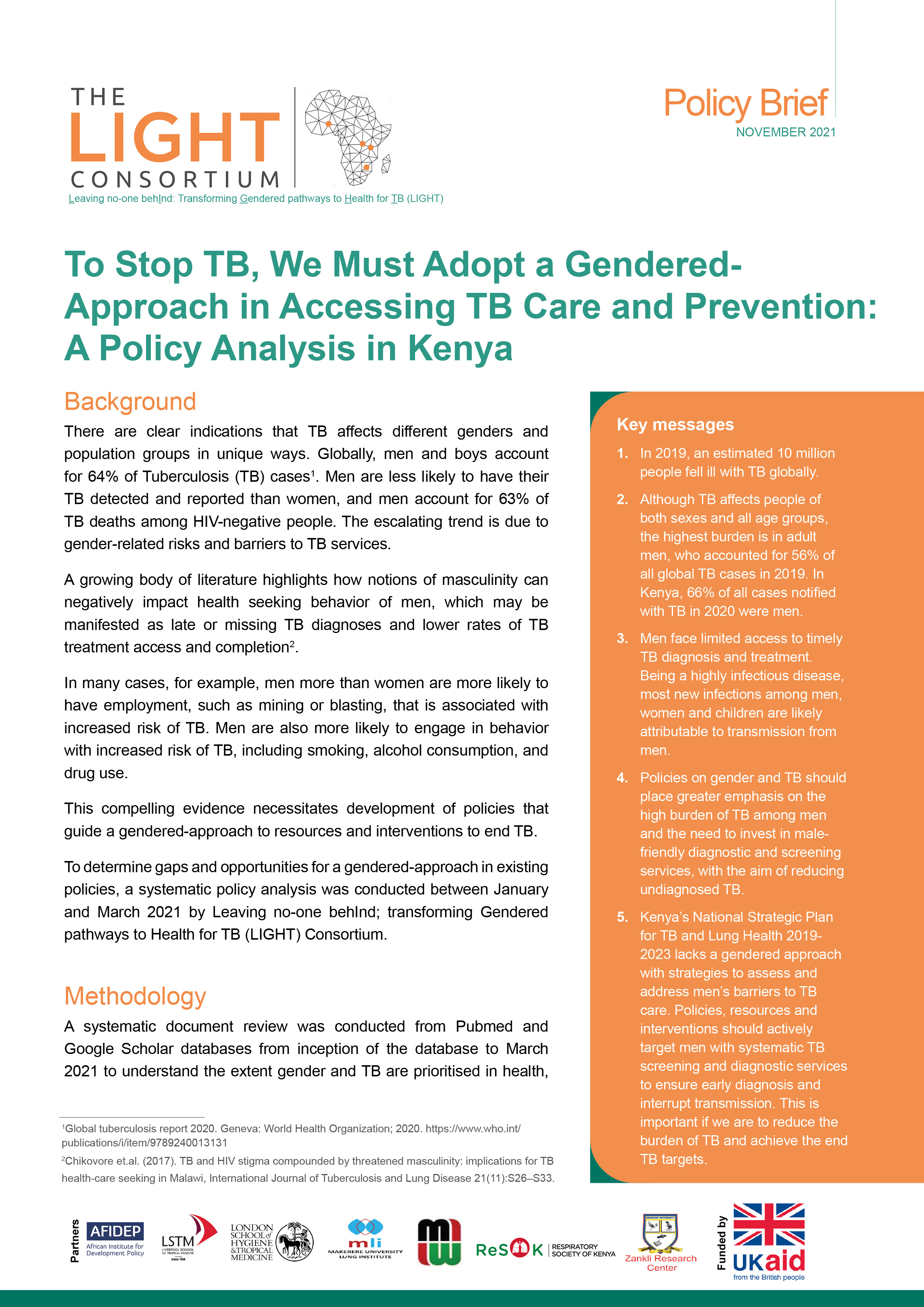
Access to antiretroviral therapy (ART) for children under 12 months in resource-limited countries is constrained by the unavailability of HIV-diagnostic devices that can perform DNA/Polymerase Chain Reaction (PCR) HIV tests at service delivery points. The Early Infant Diagnosis (EID) platforms in current use in Malawi have been found to be too complex to be placed at district level and do not qualify as a point-of-care test method. The devices are located in central hospitals and special laboratories, leading to long delays between sample collection, transportation to and from the referral molecular laboratory and interpretation of the results by the care provider. Consequently, the children identified as living with HIV have delayed access to ART due to delayed results and caregivers may be frustrated to have to continuously ask for these results. This policy brief makes an analysis of this issue and considers policy options that could mitigate the constraints of access to diagnostic devices. Its recommendations are drawn from this discussion of policy options.
Related Publications





